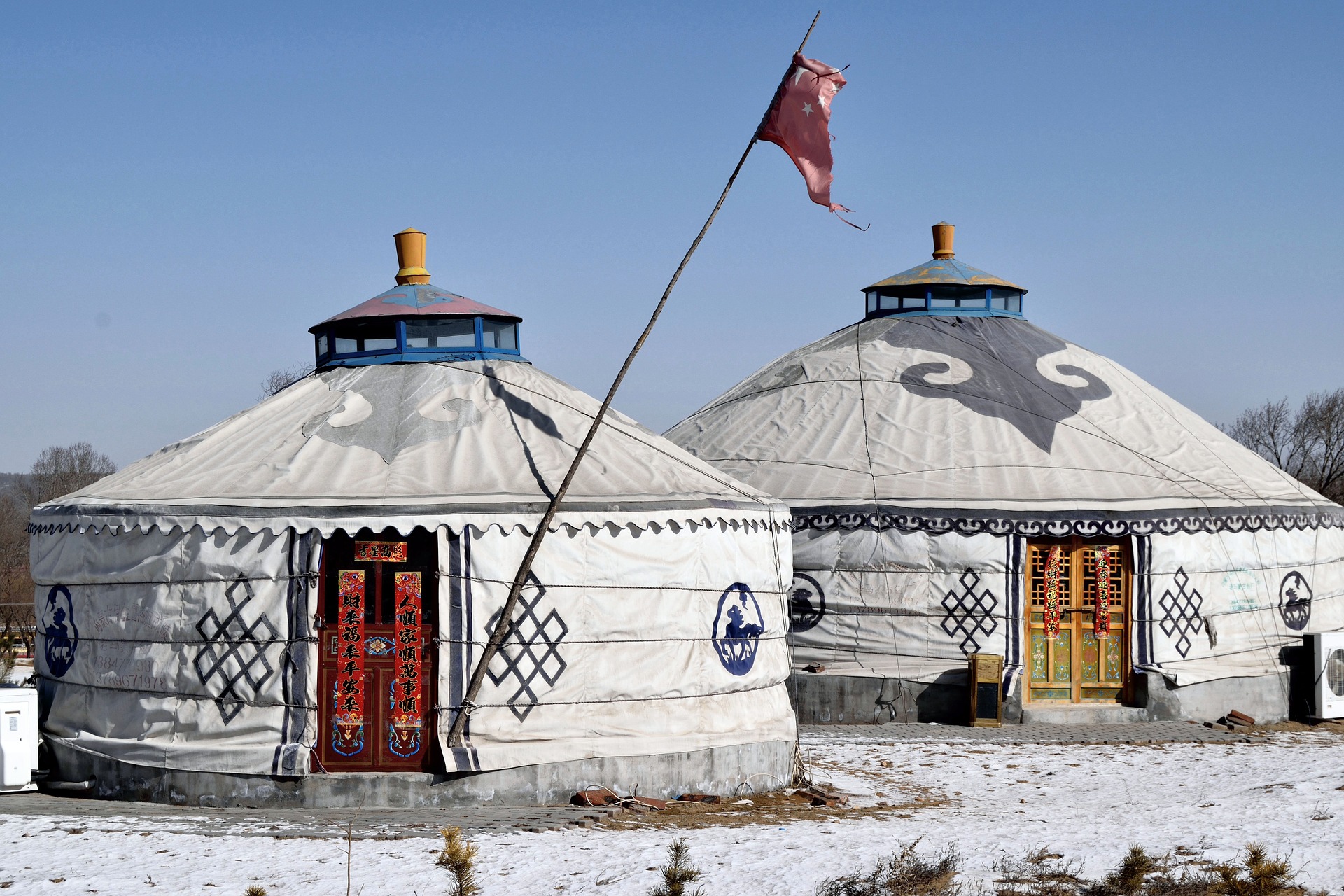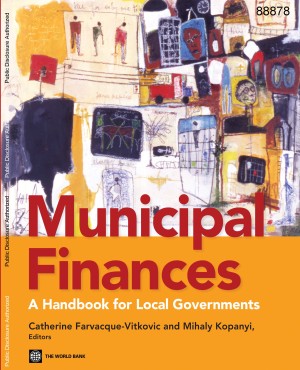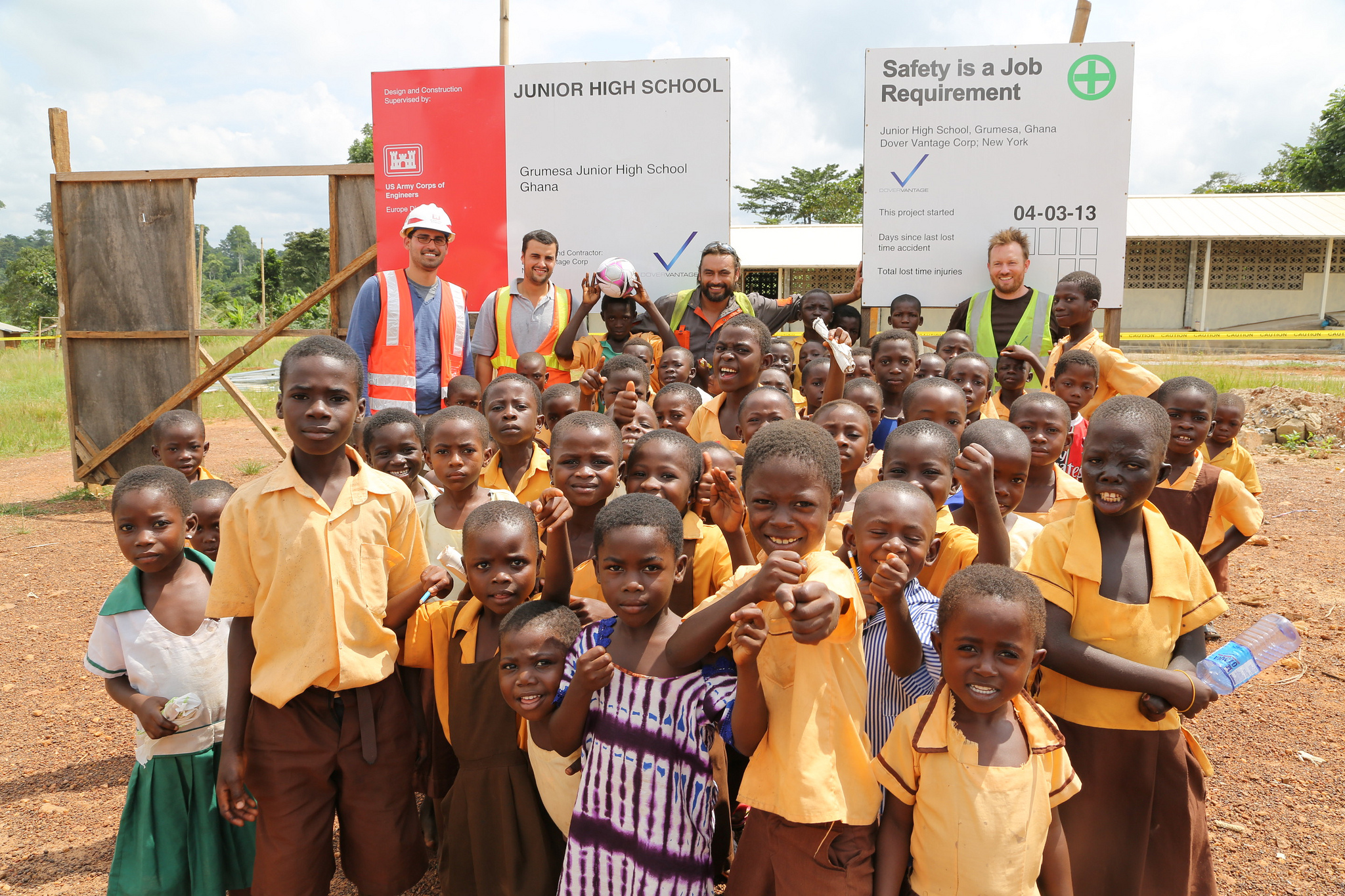
Many stories about Mongolia lead with the economic “boom” the country has experienced from its vast mineral resources. While the economic windfalls have certainly driven the country’s rapid development over the last decade, Mongolia has struggled to shift its highly centralized governance structure to a more participative one. However, signs of change are under way. Under President Elbegdorj’s leadership, a series of initiatives toward decentralization and increased public participation at the local level in the country’s budget priorities and decision-making are beginning to take hold.
The Integrated Budget Law (IBL) of Mongolia that came into effect in January 2013 is the first law that specifically prescribes public consultations and inputs to government budget-related decision-making. The law also introduced the Local Development Fund (LDF), monetary assistance provided directly to local governments both in rural areas and in Ulaanbaatar for projects that improve the living standards of local residents. We’re now seeing some tangible results in terms of local development since its start.
“We are happy that these funds have provided lighting for our streets. We’re now less worried about the safety of our kids coming back from school because the streets are no longer dark as they were a few years ago,” said onekheseg (local) leader from Bayangol district, khoroo (sub-district) BGD 23, one of target khoroos under The Asia Foundation’s Urban Governance Project, which since September 2015 has worked with the Municipality of Ulaanbaatar to support urban governance and decentralization efforts at the subnational level. From 2013 to 2015, more than 280 new street lights were put in BGD 23 funded by the LDF in accordance with what residents identified as their most pressing development needs.
While this is good news, citizen participation in how the funds are allocated remains insufficient. According to an Asia Foundation survey, 82 percent of respondents in the 33 project khoroos do not know about the LDF, and many are not aware of its legal framework and their participation rights. Consulting with citizens, especially on the selection and prioritization of LDF projects, remains largely symbolic at khoroo offices. Since the majority of residents are not well informed about the benefits of being engaged in LDF processes, they tend to not attend public consultation meetings.
Read more: The Asia Foundation blog.




